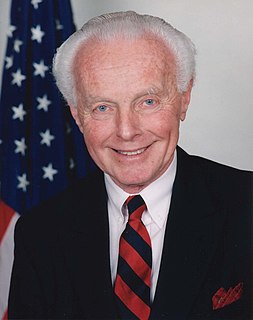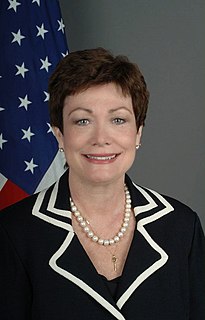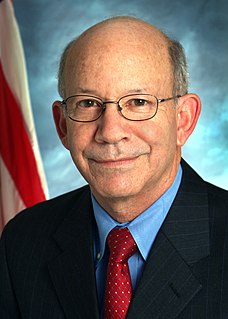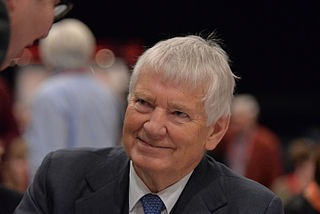Ein Zitat von Richard Engel
Die USA gaben Milliarden von Dollar aus, um eine säkulare, professionelle nationale irakische Armee aufzubauen, scheiterten jedoch, weil das irakische Militär trotz aller von den USA gelieferten Waffen, Panzer und Flugzeuge zusammenbrach, als es von einer Terroristenbande herausgefordert wurde.
Verwandte Zitate
Zahlreiche irakische Exilanten trafen sich in London, um Wege zum Sturz Saddam Husseins in einer großen Versammlung zu besprechen, die als „Treffen der irakischen Militärallianz“ bezeichnet wurde. Natürlich sind diese Leute keine Iraker mehr, sie haben kein Militär und es gibt kein Bündnis. Aber sie hatten ein Treffen.
Aufständische haben den Unmut und die Wut der Bevölkerung gegenüber den Vereinigten Staaten und der irakischen Regierung ausgenutzt, um ihre eigene politische, finanzielle und militärische Unterstützung aufzubauen, und das Vertrauen der irakischen Bürger in ihre neue Regierung wurde erheblich untergraben.
Wir führen Krieg, um den Irak zu befreien und die Bevölkerung der Vereinigten Staaten und anderer Länder vor den verheerenden Auswirkungen irakischer Massenvernichtungswaffen zu schützen, die von Terroristen oder der irakischen Regierung eingesetzt werden, um Tausende unschuldiger Zivilisten zu töten.
Trotz der Tatsache, dass Milliarden von Dollar in den Reserven der irakischen Regierung liegen, ist sie irgendwie nicht in der Lage, diese den Menschen zugänglich zu machen. Es gibt hier sehr viele Menschen, die am Rande des Hungertodes sind. Für diese Art von Menschen – eine beträchtliche Gruppe von Menschen – führt dieser Dienst dazu, dass sie Muqtada als eine Art Gott betrachten.































